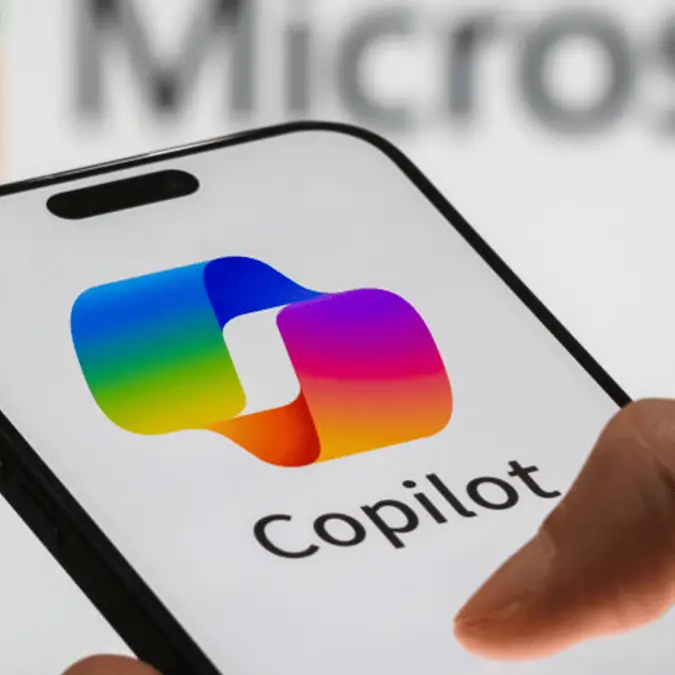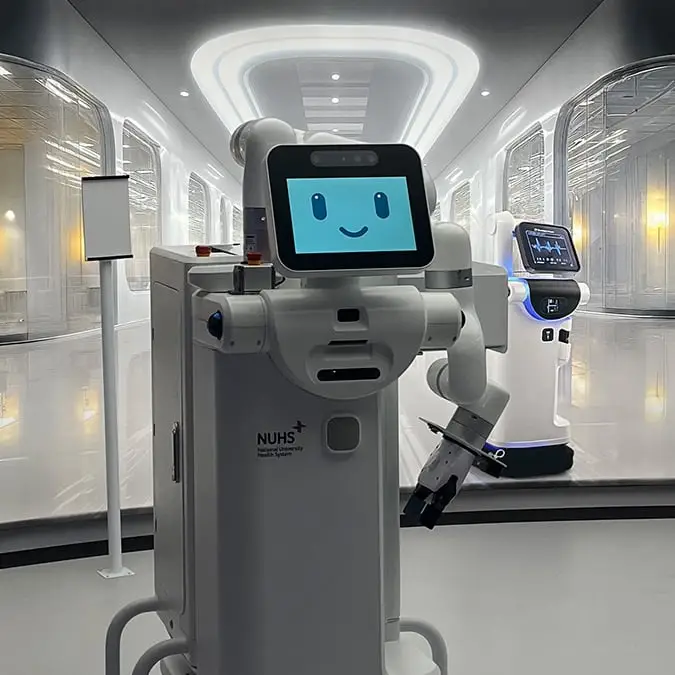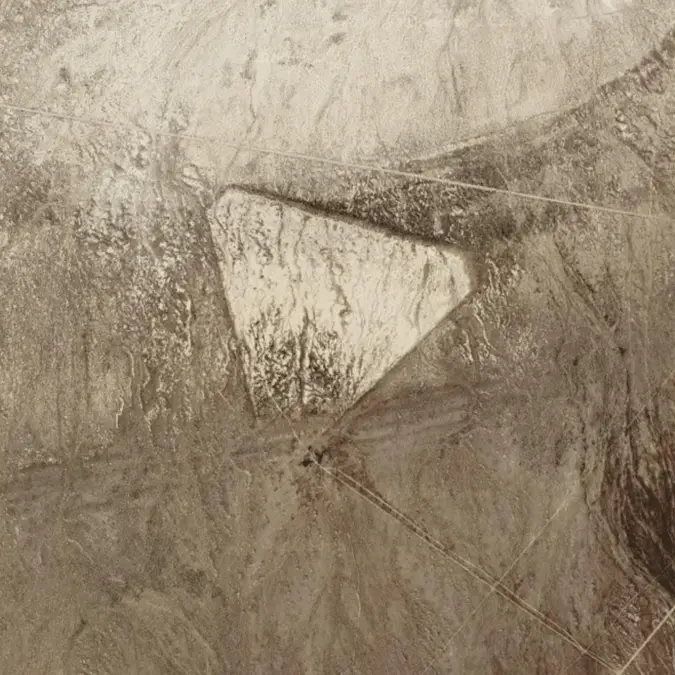
Some believe they've uncovered a long lost group of people
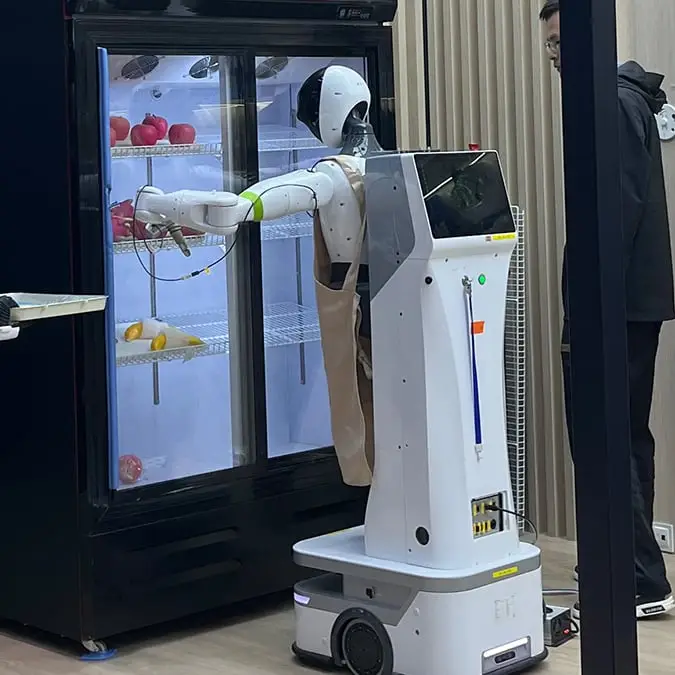
The fully automated AI servers will prepare your food and dish it out to you
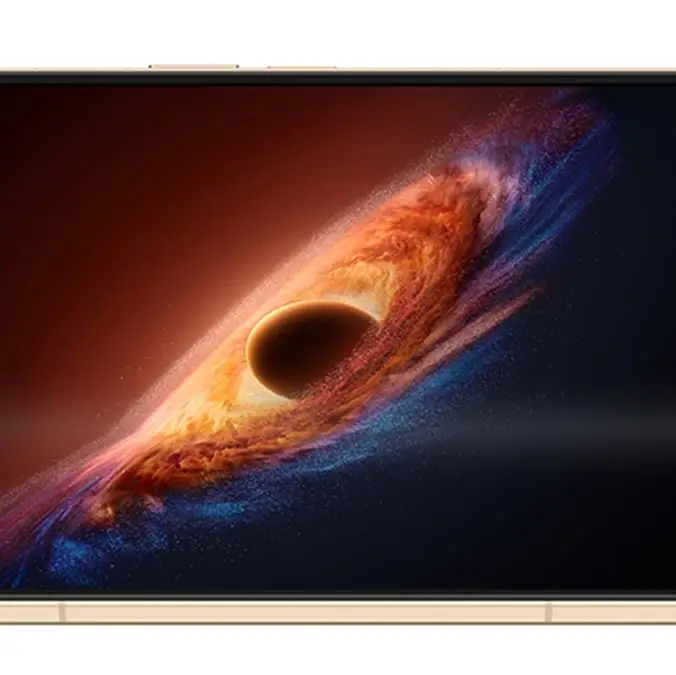
A long-awaited update has also been given on the Robot Phone

She was dismissed without notice after an investigation
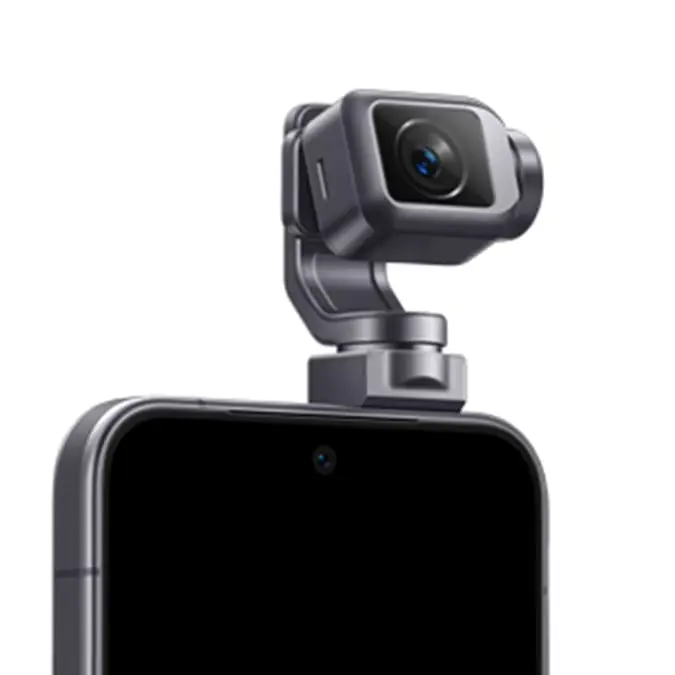
The Robot Phone bears nostalgic resemblance to Disney Pixar’s Wall-E
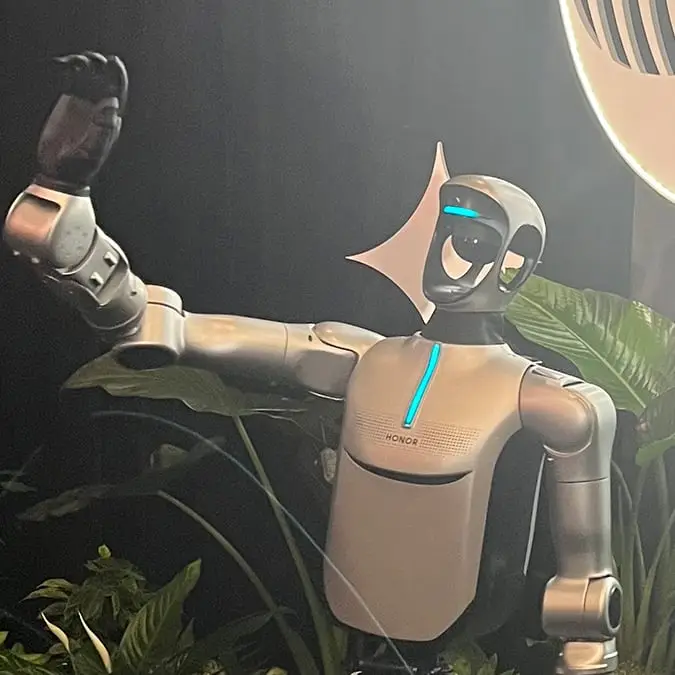
The humanoid robot appeared onstage with HONOR’s highly anticipated Robot Phone

It's a typically Musk-style reaction to the YouTube giant

An unexpected move in Beijing could speed up the next EV battery era

The body of Celeste Rivas Hernandez was discovered in September 2025

He was invested from the very beginning

The internet is split on her response

Disturbing porn category made illegal in major country and could land you up to five years in prison
It's part of the government crackdown on child safety

You could risk being exposed to a cyber attack
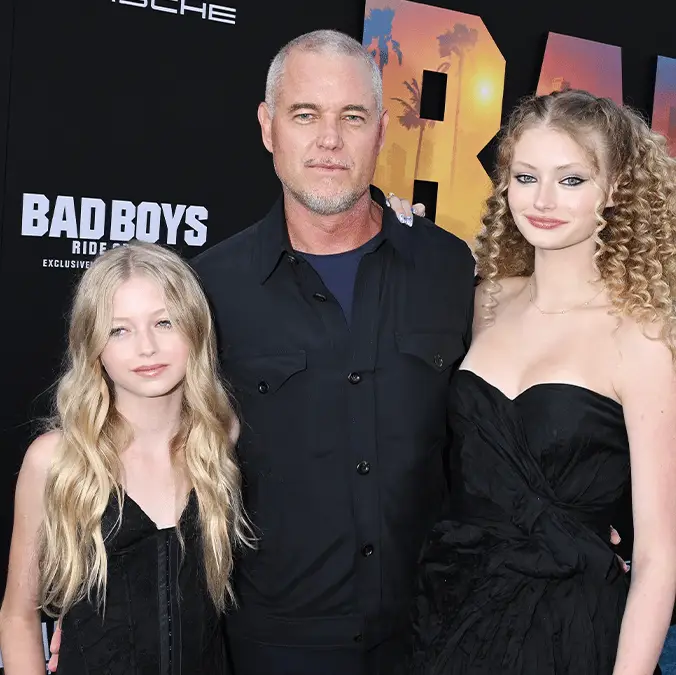
The Grey's Anatomy star sadly passed away at the age of 53

To boldly go where no one has gone before
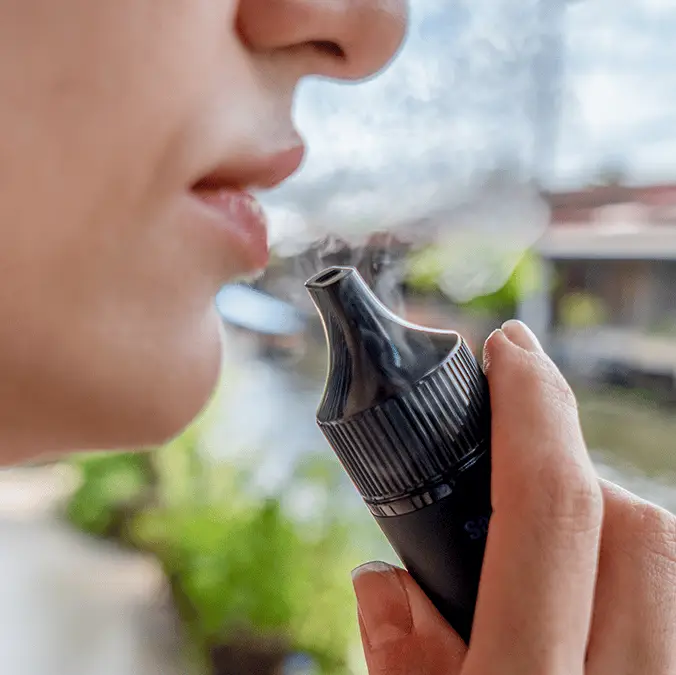
Just another reason to quit

Users will now get a different experience when organizing a group chat

The drama first started with a controversial Super Bowl advert

The Tesla CEO continues to break records

The deal was floated back in 2015

It's their biggest losing streak in nearly 20 years

He managed to rescue a girl from years of harm

Some of the biggest sites in the world have been forced to make changes

This one didn't pay off for the former YouTuber
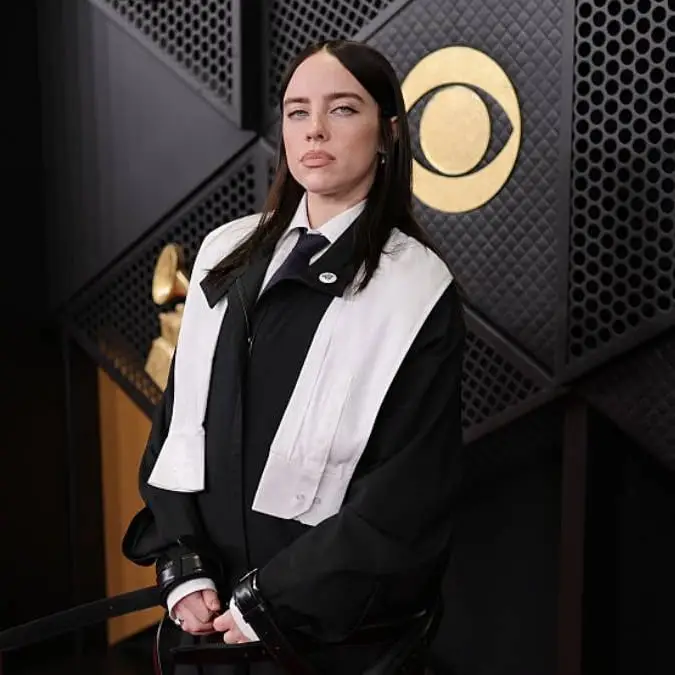
He set up a GoFundMe, claiming he was going to occupy her home
